This battery powered toothbrush is beautifully designed. But is it really a feasible alternative to a standard electric toothbrush? Read on to find out.
Should I Buy The Quip electric toothbrush?
Pros
- Attractive design
- 3-month battery life
- Brushing timer
Cons
- Vibrations extremely gentle
- No pressure sensor
- No battery light
Our Verdict
Price When Reviewed
- $39.99
According to its makers, Quip was created to help people change their bad brushing habits. People brush too hard, for too short a period, neglect their flossing or forget to change their brush heads every three months.
Enter Quip: a gentle and affordable alternative to a standard electric toothbrush, with an optional subscription service for replacement heads and refills for sleekly-designed dental care accessories.
It's been approved by the American Dental Association as well.
Designdirect from Quip
We’re testing the Quip electric toothbrush in the slate finish. There are three other metallic colourways: gold, copper and silver. You can also get a smart version of the brush, as well as kids’ versions of both the electric and smart brush.
US users can buy from Target or direct from Quip. As the brand also ships internationally, people from the UK and other countries can also buy brushes and subscribe to replacement heads and accessories refills.
When you buy the standard brush, you’ll get the brush handle, plus the AAA battery which powers it; a brushing head which should last for three months; and a brush cover. At around $40/£30, this is cheap for an electric toothbrush but it would be very pricey for a manual.
The brush itself has a metallic handle, which feels cool to the touch and is pleasant to hold. It’s much lighter than an electric toothbrush.
The brush comes with a clever cover. On its back is a reusable adhesive strip that allows it to stick to mirror, glass or tile and it becomes a toothbrush holder. Turn it around and it becomes a travel cover with air vents by the brush head.
The Quip is very simple to use. There’s one button to switch it on and off and no choice of brushing modes. When switched on, it’s extremely quiet and vibrates with 15,000 movements per minute. That’s considerably slower than even a low-end Oral-B or any of the Philips Sonicare brushes. It also feels noticeably more gentle.
And that's the problem with it – for most of us, at least. It's just not as powerful as rival electric toothbrushes.
Still, it does have a two-minute brushing timer, after which the brush switches off. Every thirty seconds there’s a change in vibration that alerts you to move on to the next quadrant of your mouth. But it's missing a pressure sensor, which we think is one of the most important features in an electric toothbrush.
It's an odd omission, considering that the Quip website identifies pressing too hard as one of the main ways in which people brush their teeth poorly.
One of the Quip’s big advantages is its three-month battery life. The only problem is that there’s no battery warning light, so one day it’ll just stop working. As the Quip is designed to be used in conjunction with the subscription service, your replacement toothbrush head should turn up at the same time that the battery runs out, so presumably that would be your cue to swap it out.
Smart Functionality
For $20 more, you can opt for a smart version of the brush or buy a smart motor for your existing Quip brush for $25, which can be used in conjunction with the Quip app to help monitor your brushing.
Bear in mind that the app doesn’t offer real-time feedback. It’ll sync with your brush after use and give you information such as how long you brushed for and what kind of coverage you achieved. This could be useful if you’re looking to be a bit more mindful of your brushing but if you want to make sure you’re not neglecting your hard-to-reach back teeth, the Quip app can't tell you.
Subscription Service & Accessories
If you're going to buy a Quip brush, the refill replacement service is part of what makes it attractive, and it's much better value as well. If you opt for the subscription, replacement brush heads cost $5 each, with free delivery.
That's a mid-range price. High-end Oral-B iO replacement heads can cost up to $15/£15 each, while the standard Oral-B replacement heads cost around $6/£4 each – although you can get compatible heads for much less.
However, if you don't get the subscription, a Quip replacement head costs double: it's $9.99 from Target.
If you're likely to be motivated to take better care of your teeth by having high-quality dental care accessories to use, a Quip subscription could help.
Verdict
We liked the Quip. It's beautifully designed, a pleasure to use and its dental accessories are stylish.
However, we wouldn't advise anyone already using an electric toothbrush to switch to it, as it's less powerful than any rechargeable electric toothbrush and it lacks key features such as a pressure sensor and different brushing modes.
Still, its low-key vibes could be ideal for those who find standard electric toothbrushes overpowering. If you haven't found an electric brush you like or aren't good with remembering to keep your electric toothbrush charged, then Quip might be for you. It'll serve you much better than a manual brush and its subscription service will ensure your brush head is always in good shape and that you always have floss in the cupboard.
For more electric toothbrush options, have a look at our round-up of the best electric toothbrushes we've tested.
Specs
- 15,000 vibrations per minute
- Battery powered (1 AAA battery, supplied)
- Comes with case
- Subscription service available

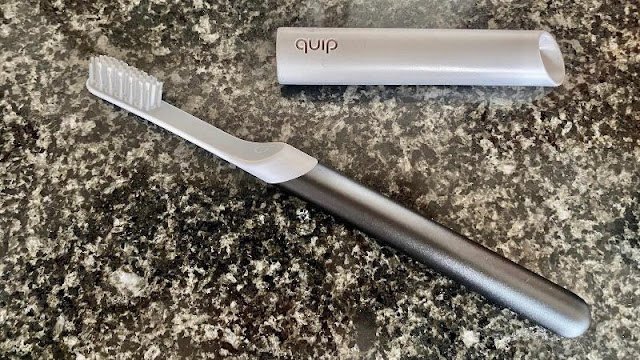



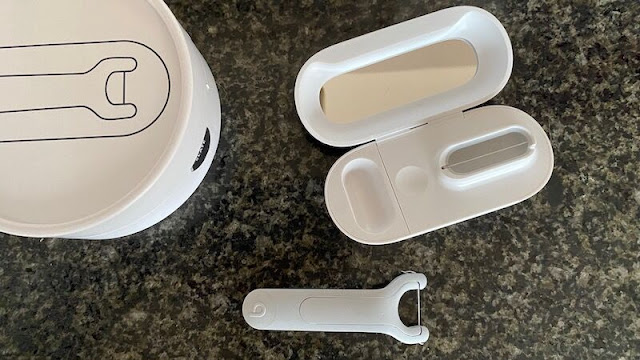




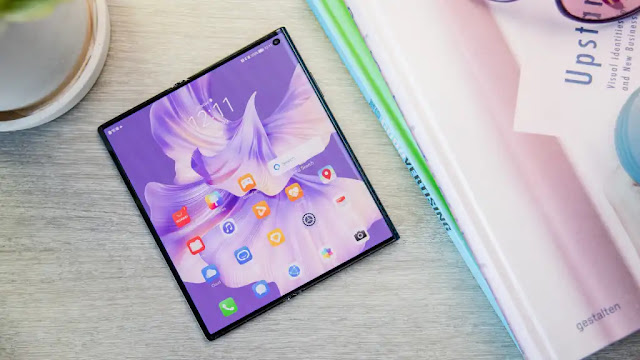




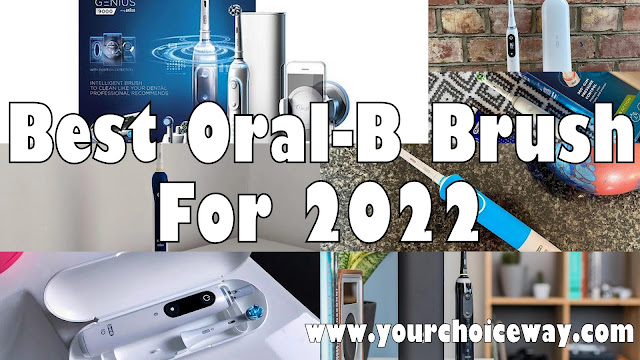

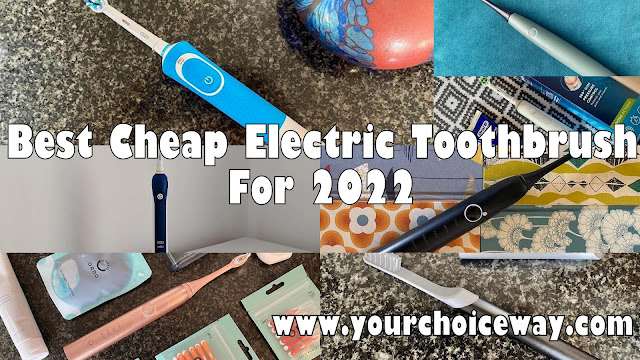


0 comments:
Post a Comment